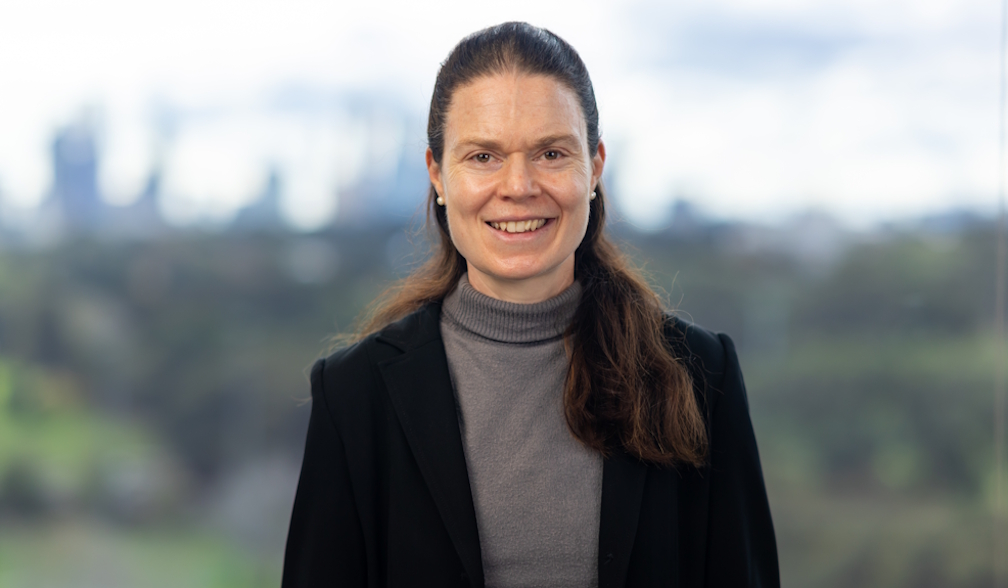The heart research that could save fit and healthy Australians

Australians are now one step closer to being able to check that their heart is in working condition with a simple blood test.
Leading scientists at the Heart Research Institute (HRI) are close to uncovering a new biomarker to identify people at risk of heart disease with a simple blood test, after a “good” gene was identified that causes the heart to enlarge with exercise.
The world first discovery was led by one of Australia’s foremost heart scientists, Professor Julie McMullen, who is now leading HRI’s Heart Muscle Group to focus on developing new ways to prevent and treat heart attack and heart failure.
“Our goal is to reproduce the actions of the ‘good’ genes in the diseased heart by mimicking the beneficial effects of exercise in a failing heart. We then use that information to develop new drugs to reduce the risk of heart disease or heart failure,” Prof McMullen said.
One person has a heart attack in Australia every 10 minutes, while one Australian dies from cardiovascular disease every 12 minutes.
“Heart disease can happen to any of us. With increasing rates of obesity and type two diabetes, people are being affected by heart conditions at a much younger age, which can progress to heart attack and heart failure,” Prof McMullen said.
“Current drugs are not very effective for improving heart function and quality of life, so it is important that we identify new therapies for patients with heart disease and heart failure.”
A simple blood test could have helped someone like Warren Williams, who was a fit and healthy tri-athelete when he discovered he had atrial fibrillation. The Sydney father had to be fitted with a pacemaker, only to still suffer a massive cardiac arrest years later while on a run.
“Doctors told me I should be dead, they said I shouldn’t have lived through it,” he said.
"Somehow I miraculously survived, probably due to my fitness, but that we will never know. I was told I wouldn’t be able to run again, ride a bike, sing on stage, and possibly not even work again."
The father is now on a mission to spread awareness about regular heart check-ups, especially for those people who feel fit and healthy.
"Atrial Fibrillation affects people in many different ways - for some, everyday life and function becomes quite difficult, whereas in others, like myself, it can be a silent underlying condition with potentially life-threatening outcomes."
Scientists are hoping to find the gift of research in their Santa stocking this festive season as HRI launches a targeted Christmas Appeal to help Prof McMullen’s team ramp up their work to the next phase.
“We know this biomarker is there and we are close to finding it, but it comes down to researchers getting time in the lab,” Prof McMullen said.
“By donating, individuals can fund essential laboratory resources and high-tech equipment, accelerating the availability of life-changing treatments for those in need, said Prof McMullen.

















